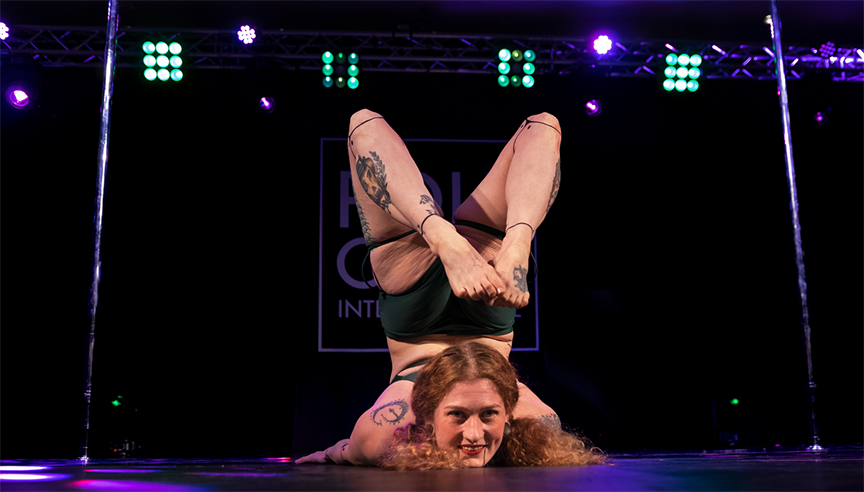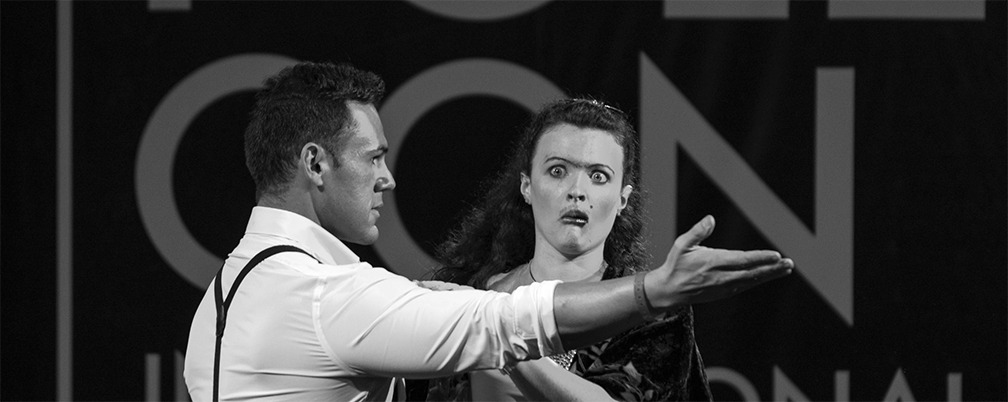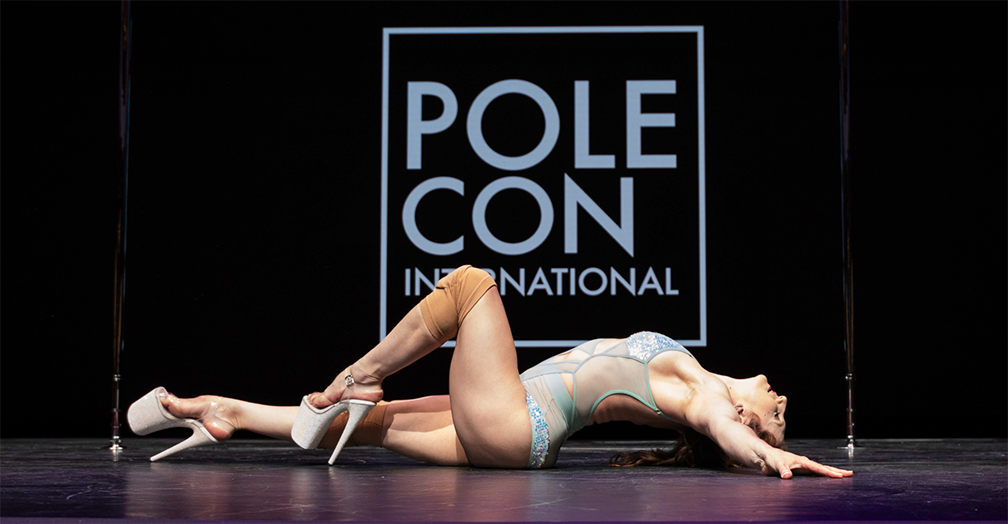I used to travel all around the world (ah, pre-pandemic life!) for my old “day…

How to work within your scope of practice as a pole dance instructor
For many of us, pole dancing can be a magical and freeing or even empowering experience.
It can also be a complicated experience impacting not just physical movement and related changes but also emotional changes in ourselves and in our students.
It’s common for students to see their pole instructors as more than simply fitness teachers. Its also common to call a pole teacher a “pole mom” or “pole dad,” applying all sorts of expectations on the pole teaching and learning experience that extend beyond our teachers’ ability to teach and their relevant knowledge.
As a pole teacher, it’s always important to remember your scope of practice when working with your students.
What does “scope of practice” mean?
Your scope of practice simply is what you are qualified to do. Are you certified or otherwise educated in how to teach pole? Great! Teaching someone how to do a fireman spin Is within your scope of practice.
If someone asks you a nutrition question during your class on how to achieve the fireman spin — ask yourself, are you qualified to answer that question based on your education and experience helping others with their nutrition or are you simply sharing your personal experience with nutrition?
Think carefully on what you can share that is relevant to more than your body or your individual experience. Students can take seemingly off handed recommendations in potentially extreme or unhelpful ways.
Once during a pole class a student asked me if bananas were “good” for them. I said “yes” and shared a few things I randomly knew about bananas: they can be a quick and portable source of energetic. They have fiber and can have a positive impact on digestion. They also can help with muscle cramps because of the potassium.
My student decided that this meant she should eat multiple bananas per day.
Providing nutritional advice is not in my scope of practice because I have not been trained on it. This advice should also not be casually handed out during classes focused on other topics. On the other hand, it is also important to remember there is only so much “common sense” we can expect to control when people apply casual suggestions to their lives.
A better answer might have been to ask why this question was asked and if relevant, perhaps recommend the student see a nutritionist to receive more targeted information about their banana consumption.
Pole isn’t therapy
In the example above, eating “too many” bananas for most people is typically not a critical issue. When pole starts being equated to actual therapy and students start seeking advice from their teacher about personal challenges is where the scope of practice “creep” becomes more serious.
Pole can help people gain the confidence to go it therapy or tackle difficult decisions in their lives. It can also unintentionally bring up unresolved trauma in people and in specific somatic experience classes may help people heal. A general pole class however, should not be expected to do that, especially a class that is taught but someone qualified to teach pole and not as a qualified therapist.
If your student is struggling with challenges in their life, you may recommend that they find individual help outside of your class or studio. While this may sound harsh and many people just “want to help,” setting clear guidelines on what you can and should provide as a pole teacher is critical to protecting you and your students while preventing potential future harm.
Can you expand your scope of practice?
Since pole crosses so many physical disciplines and inevitably touches on serious emotional topics, maintaining your scope of practice is critical.
That said, your scope of practice can absolutely be expanded! Perhaps you decide to go back to school to become a physical therapist, or a certified personal trainer or nutritionist. Maybe you are called to become a licensed therapist. If you gain knowledge, share it! And also make sure your classes and offerings are clearly defined. If you are teaching a pole class, that is not the time to go in-depth on nutrition. Consider creating a new class focusing on your new knowledge to help the same students you’re already working with in your pole classes.
Working within your scope of practice can be hard for people that just want to help others. This can be further complicated for people making a living in the pole industry where a scarcity mentality may make you fear that if someone (and their money) goes elsewhere for help, they won’t come back to you or your studio.
Remember, encouraging your students to seek qualified help from others does ultimately help them more.
Latest posts by Colleen (see all)
- Train While You Travel: Tips to Training Without a Pole - October 11, 2024
- Pole Comedy: the what’s and how’s of this funny business - October 4, 2024
- How to build a habit: a simple 3 step process - September 13, 2024


